Authenticity to Self: Introspecting my inner and truer Self
‘What you cannot remember, you cannot replicate’, so exclaimed Dr. Adrian Chan, a faculty at the Royal Institute of Governance and Strategic Studies, Phuntsholing during the refresher programme for the participants of Foundational Leadership Programme (FLP) at M/S Hotel Ariya on Friday, 23 November 2018. The refresher course has two overriding objectives:
- ‘Promote better application of lessons learnt…’ and
- ‘Create platform for various cohorts to come together to grow community of practice…’
Attended by the cohort of three batches and colleagues of some participants, Dr. Adrian’s session focused on ‘personal leadership’. At the core of personal development, as the course progressed, lie in knowing oneself best. To this, we were reminded, ‘…one cannot achieve leadership of the self if the self is inauthentic…’ In order to discover our definitive position in our pursuit of ‘Leadership of the Self’, we were taken through four progressive part of authenticity – Calling, Contentment, Community and Competence, which is also termed as ‘4 Cs of authenticity’. Responding to 12 questions with each part (C) comprising of three questions is expected to locate and discover one’s position in our respective journey of self-leadership. In order to remind myself of my aspiration in conjunction with my everyday conduct and also for those interested to run through the exercise, I am reproducing my responses with specific questions as hereunder [First Draft].
Calling
- What are you called to?
I am called to work for ensuring balanced development across different regions of the country [Bhutan]. Regional disparity is growing concern as Bhutan’s economy grows. While we have been pursuing Gross National Happiness as the development philosophy, materialization of its first pillar, equitable development across different regions of the country is still a far-fetched dream.
2. Who called you?
Attributed to better infrastructure and facilities in urban centres such as Thimphu, Paro and Phuntsholing, and associated benefits such as comfortable (perceived) life and opportunities, all walks of life move (intends) to these urban centres giving rise to unemployment and other problems such as higher cost of living, making life difficult for those young professionals (beginners). On the other hand, because of out-migration, farmers in least economically active regions (Dzongkhags) do not have market to sell their farm produce depriving them of income which their counterparts in economically vibrant regions get to enjoy. Therefore, I am called by unemployed youth, young professionals and farmers of least developed region.
3. How can you be MORE true to the call?
Unless I move beyond my comfort zone – enjoying relatively a secured job with reasonable salary (considering Bhutan’s economy) to draw at the end of the month, my assertions and statements that I am called for ‘ensuring balanced development’ would simply be a lip service. Only when I undertake community/village development initiatives, then my call can be classified as ‘MORE’ true.
Contentment
- What will you be contented with? What gives you contentment?
Fair treatment to all both in terms of opportunities and benefits. Giving equal opportunity in itself does not guarantee equal benefits. The point of start makes significant difference. The benefits of Bhutan’s socio-economic growth should be distributed equally among all walks of life – the Cabinet residing in Lhengye Dhensa (Ministerial Enclave) and a farmer putting up in his/her hut in Mongar.
2. What are you too attached to? What distracts you?
I have uncompromising desire to learn and grow, intellectually. Systemic ‘dos’ and ‘don’ts ’, at times stifle your motivation (distraction).
3. Regarding money and promotion, how much is enough before it becomes too much? Be specific.
Under existing circumstances, I think Nu. 30,000.00 a month from which I can pay house rent, make my living, bear transportation fare, is enough. If I am left with some extra amount, I can spend for books. In terms of promotion (power), I would be satisfied if I am included in decision making body/committee, not necessarily to pass decisions but to give my views and represent those who I share their concerns and interests.
Community
- List by name the members of your community that nourish you and gives you meaning. Is your workplace community part of this? If not, why not?
My neighbour (name deliberately omitted) shared with me the gift he got from his home – cheese and red rice. He also gives me a suggestion/recommendation as regard to the task/initiatives I may like to take. And, I know my landlord very well. I feel I have good community life in that sense.
Besides our everyday routine work, workplace help forge a strong sense of community. My lunch time conversations with my colleagues are very vibrant and powerful. We discuss issues and possible solutions.
2. Who do you serve? Do they feel they are served?
First, I serve myself. Whatever work I do, I do it for my survival. However, as Bhutanese adage says, ‘as the river/water flow, turn the watermill’ (chhu jo wai zho kha, rang tha drue), I try to align my life’s goal with that of larger community and national goals.
At present, I support my sister in her education (private higher secondary school). Besides, whenever I find time, I do volunteer and take part in civil society works. Recently, a very good friend of mine, Kezang Dorji and I went to Samtse College of Education and College of Science of Technology to share our understanding of democracy. Student participants expressed their gratitude. Moreover, a lecture at Samtse College of Education expressed, ‘not many people come to Samtse to take sessions. Having outside speakers help give student an extra platform to learn.’ From that perspective, I feel we were able to serve.
3. Who else ought you be serving?
I ought to serve my parents and community – illiterate, poor and unrepresented. Doing so, I believe would help realize His Majesty’s vision of our country Bhutan.
Competence
- In terms of competence, what are you best known for? Write down, where possible, the ‘exact wording’ used by others.
Among colleagues and friends (coming through same educational institution), I am seen as an ‘extrovert’, able to and confident in raising what I feel. However, within my family circle, I am seen as very timid – an introvert.
2. What else do others expect of you? Write down, where possible, the ‘exact words’ used by others.
Taking my workplace as a context, ‘excellence’ is what is expected of me. Other day, when I submitted draft minutes of the meeting for review to my superior, he commented, ‘How come your sentence structure is not as good as it used to be.’ I am not yet a finished product – my English is also elementary.
3. What competence have you been growing in others? If not, why not? If yes, who else can you focus on?
I give honest feedback to my friends and colleagues (not all though). Also, whenever there are sessions/forums, I share with them so that they get to know of newer ideas and insights. Besides, we among colleagues, after my senior female colleague floated the idea, started a book club primarily to inculcate and promote reading habit. While we could do a couple of book reviews, we could not sustain this initiative.
The Programme provided platform to recollect and recall the lessons learnt so that going forward, I (we) can replicate. However, after deeper introspection, I found I am doing far less than the statements and assertions I make. Nonetheless, refresher course such as this and energy I drew from young minds in FLP cohort should help me take concrete steps in pursuit of the ‘Leadership of the Self’. Equally, I am hopeful that I can be of help, however little, in our collective pursuit to help fulfill His Majesty the King’s vision for Bhutan.


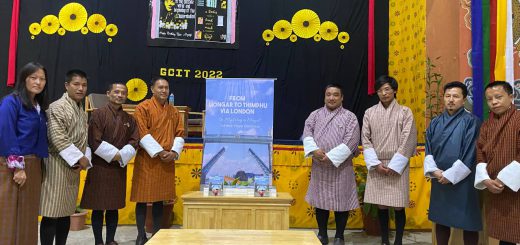
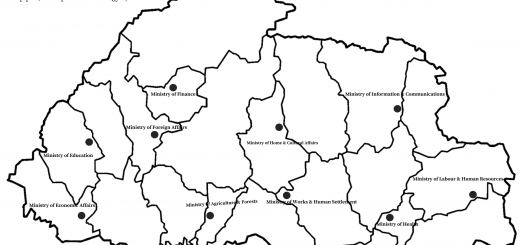
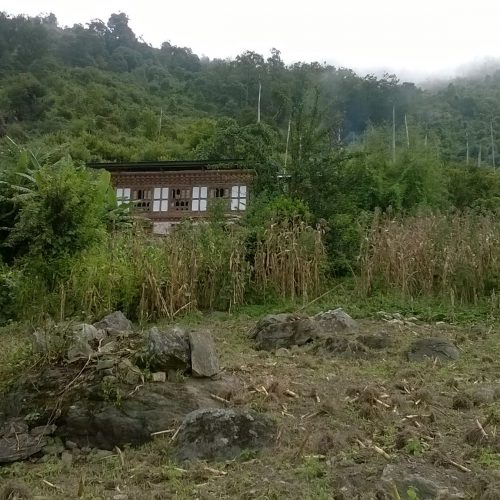
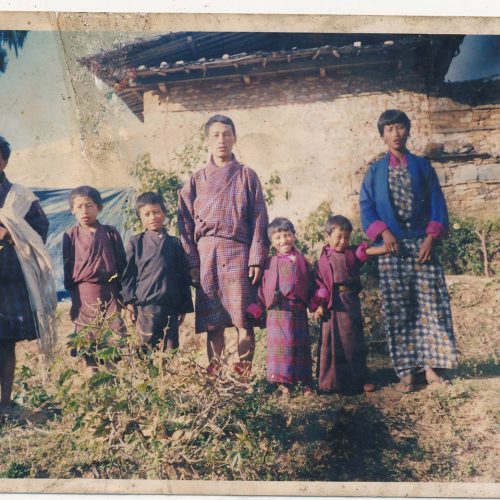
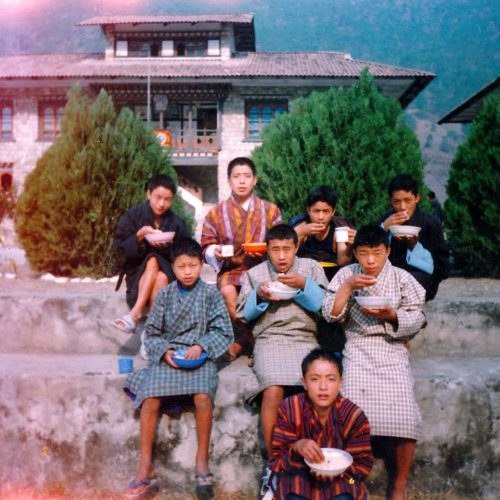
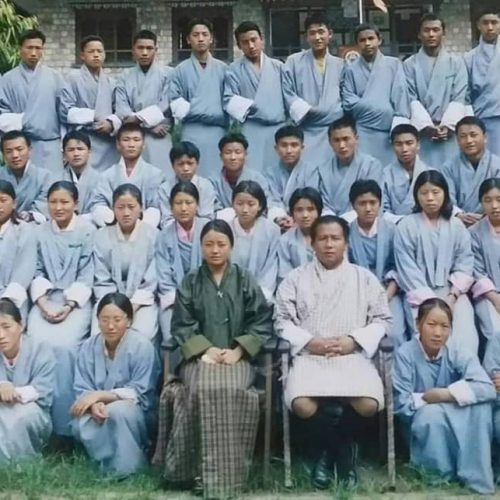
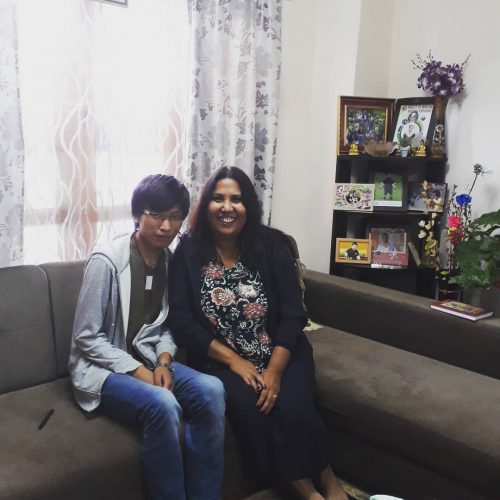
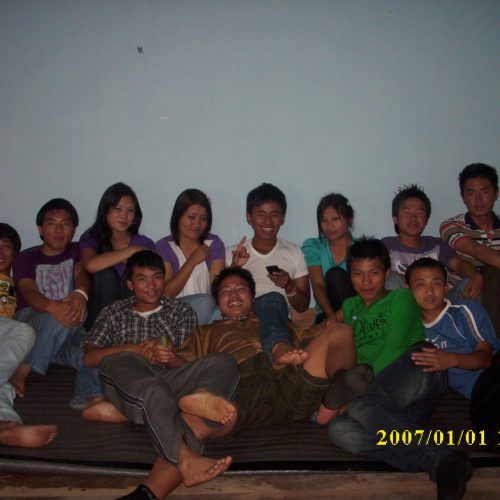
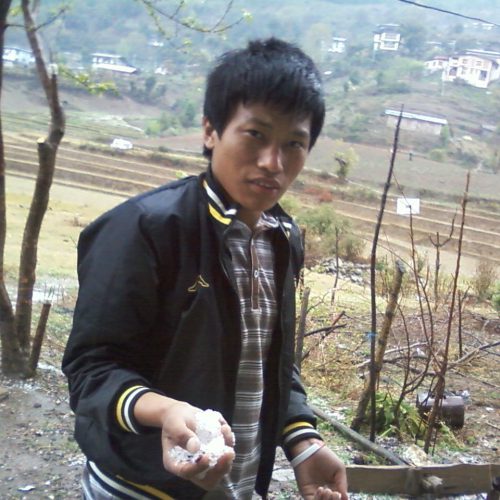
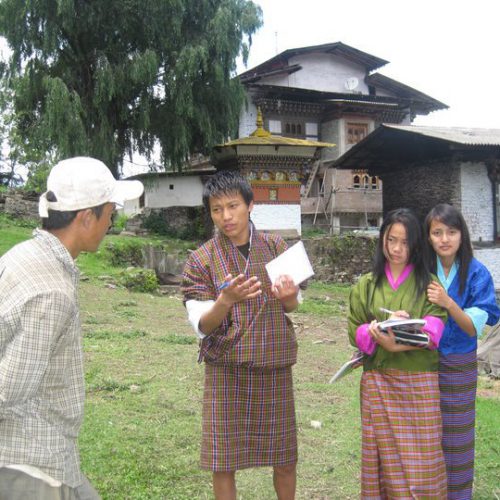
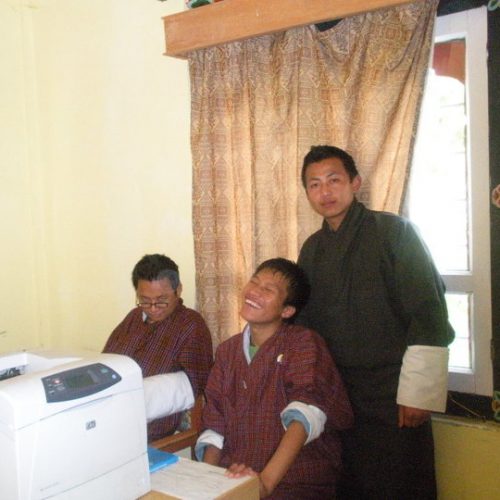
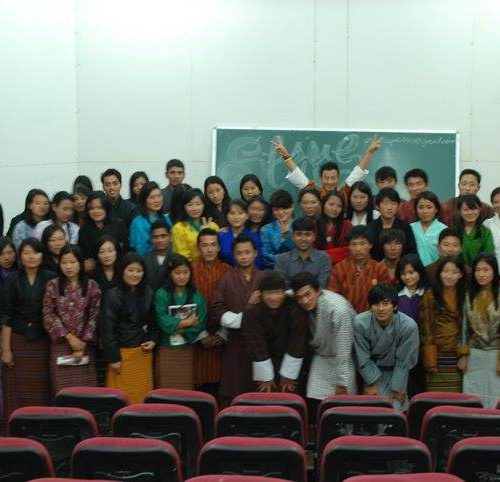
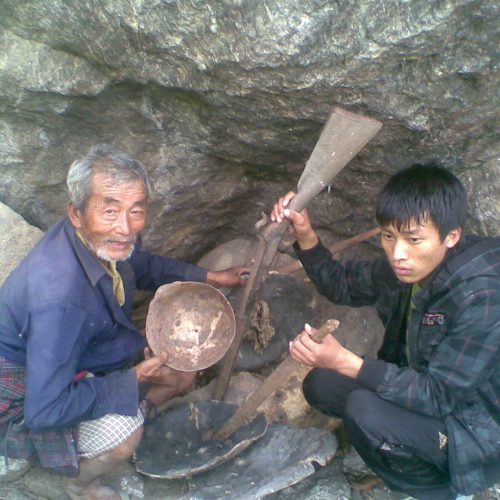
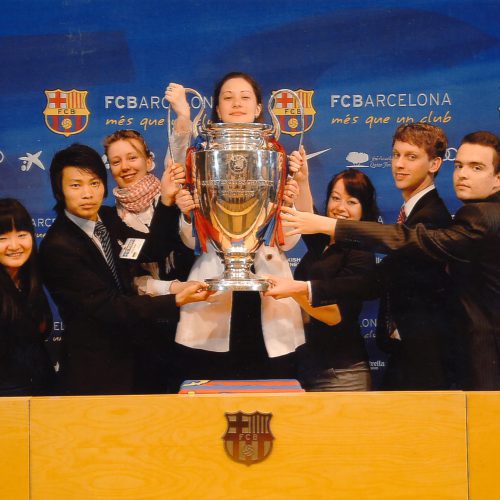
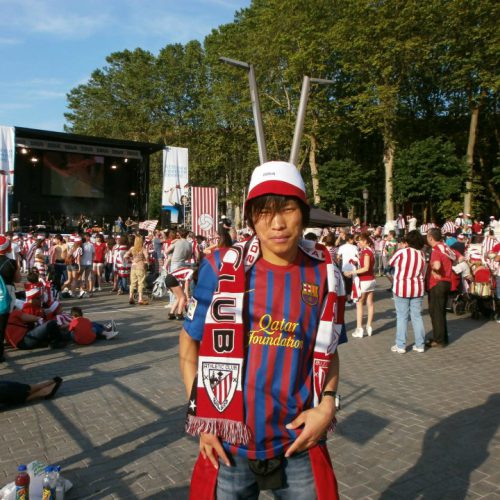
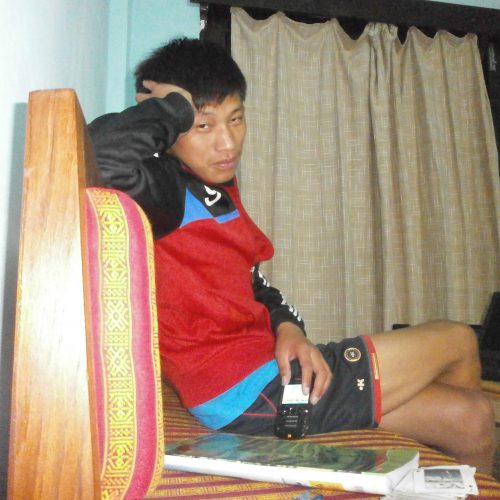
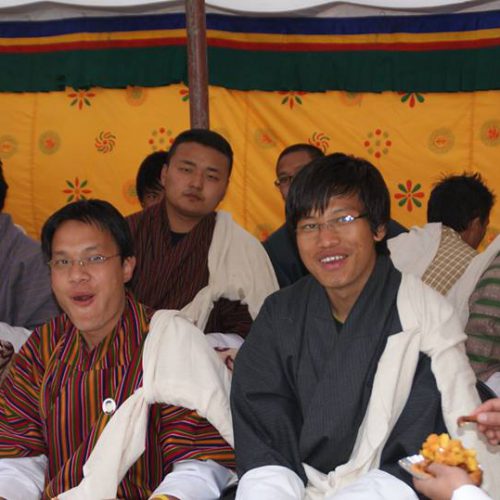
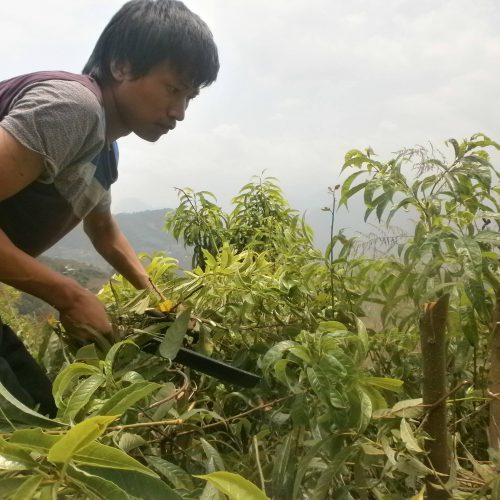
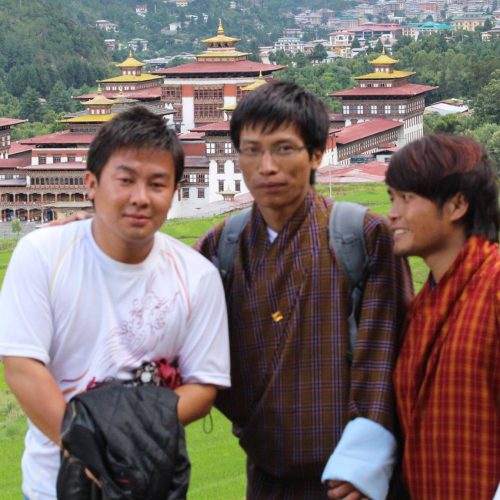
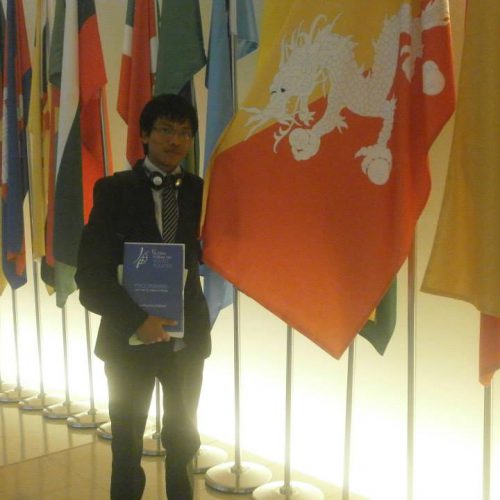
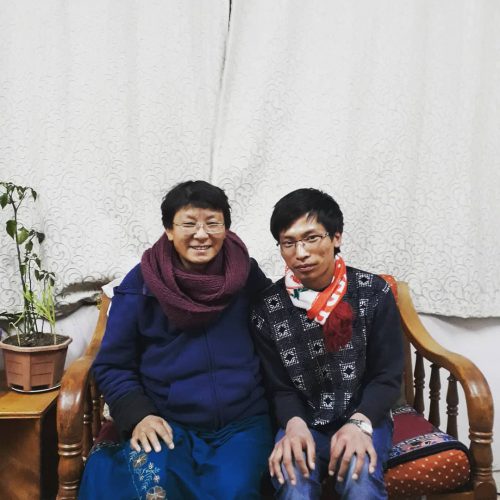
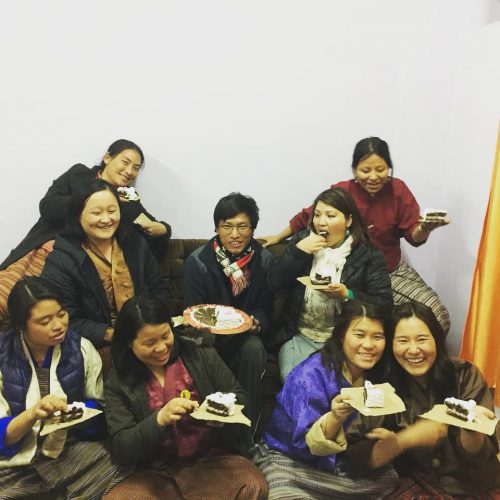
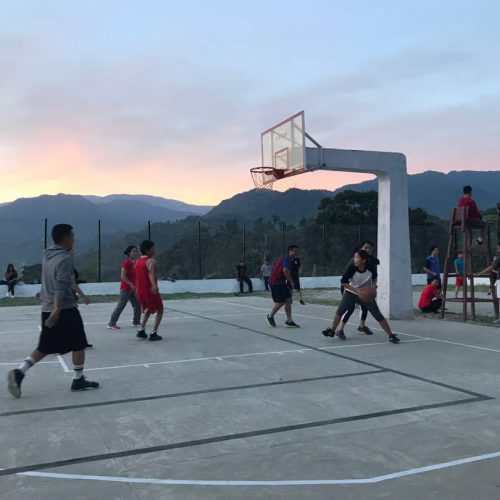
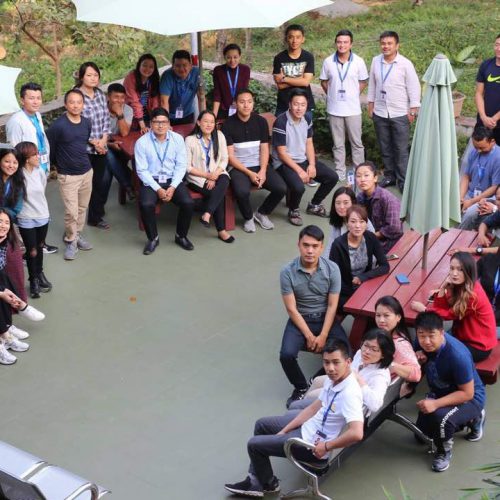
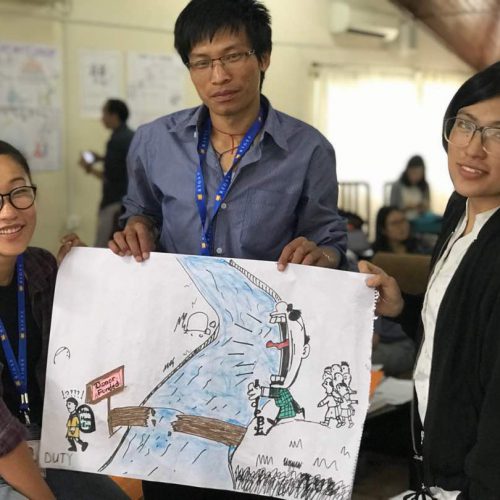
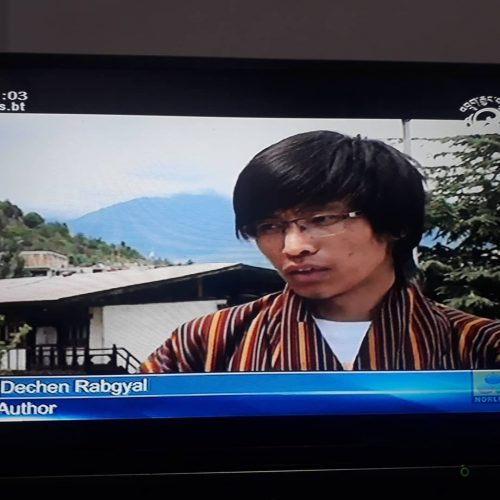
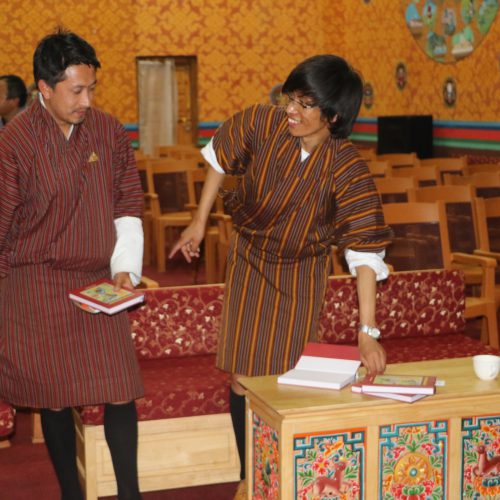
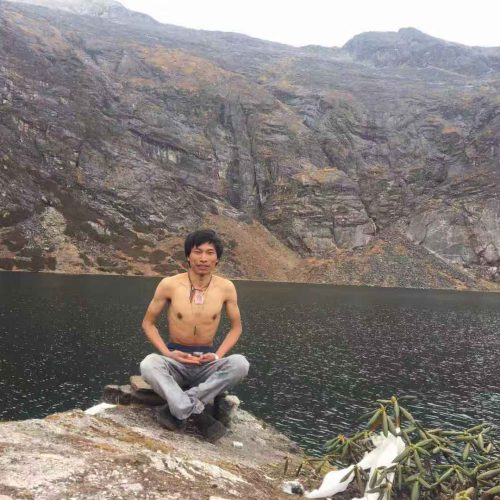
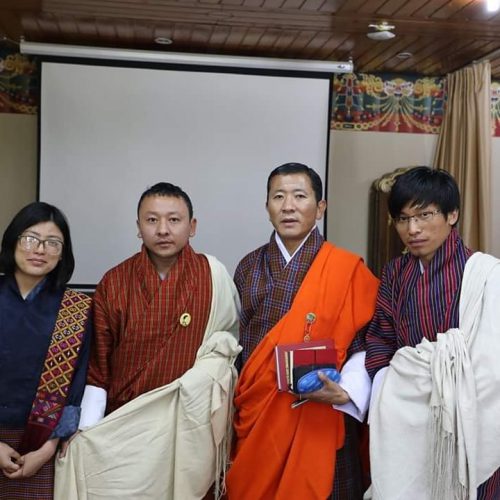
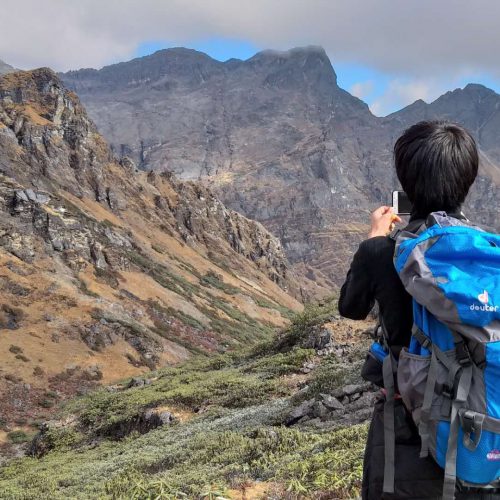
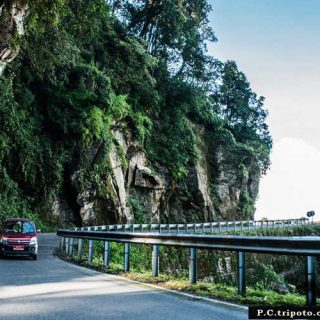
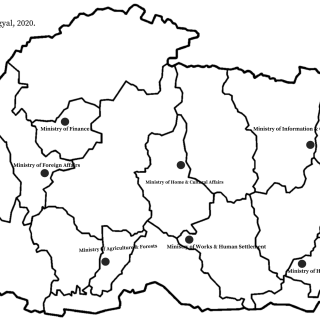

It’s a very insightful reflection Dechen. Thank You for taking me through your introspection of your authenticity which briefly took me to Ariya Hotel amongst you all.
Thank You and keep writing